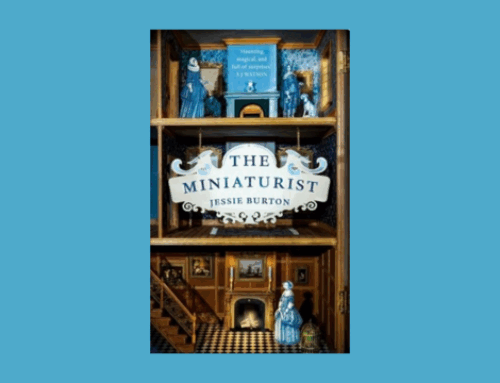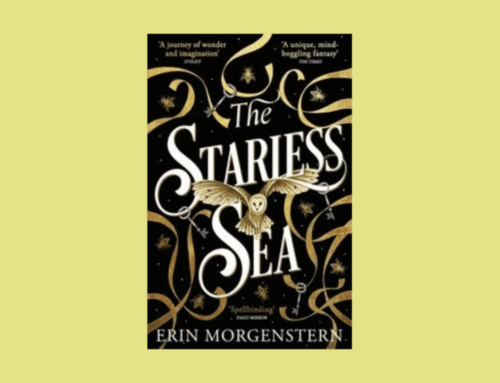By Bruna
Published for the first time in 1899, Dom Casmurro is one of the greatest novels in Brazilian literature, and there is a good reason for that.
When I read it for the first time in school, if it wasn’t for the use of some old words in the text, I would not have been able to say this was a Victorian novel. His prose is modern and provocative, and reads like a book that could have been published today.
In the story we follow a first person narrator called Bentinho, later known as the name in the title Dom Casmurro, that could be roughfully translated as a very grumpy, drowns-in-himself man.
He comes from a rich family, and in his childhood meets Capitu, a poor, beautiful and intelligent girl he falls in love with.
Capitu is a very interesting character: outspoken, cunning, persuasive and independent. She is the one in charge at the beginning of their relationship, and also the one who saves Bentinho from the religious school that he is in, preventing him from becoming a priest.
They marry, have a child, everything is perfect… until Bentinho starts to realize that she might be a liar, that she might be betraying him with his best friend.
But is she? Who really is Capitu?
Dom Casmurro is a delightful and ironic novel told from the perspective of a complicated, sardonic and unreliable narrator looking back on his life and telling us his story in an attempt to find the truth. It is a book about memory, the power of jealousy and the obsessive thoughts of a mind that is on the verge of paranoia… or not?
The book has very short chapters, and the narrator talks to the reader throughout the whole novel, which makes the story very addictive.

The translation by Helen Caldwell is very good and true to the original.




